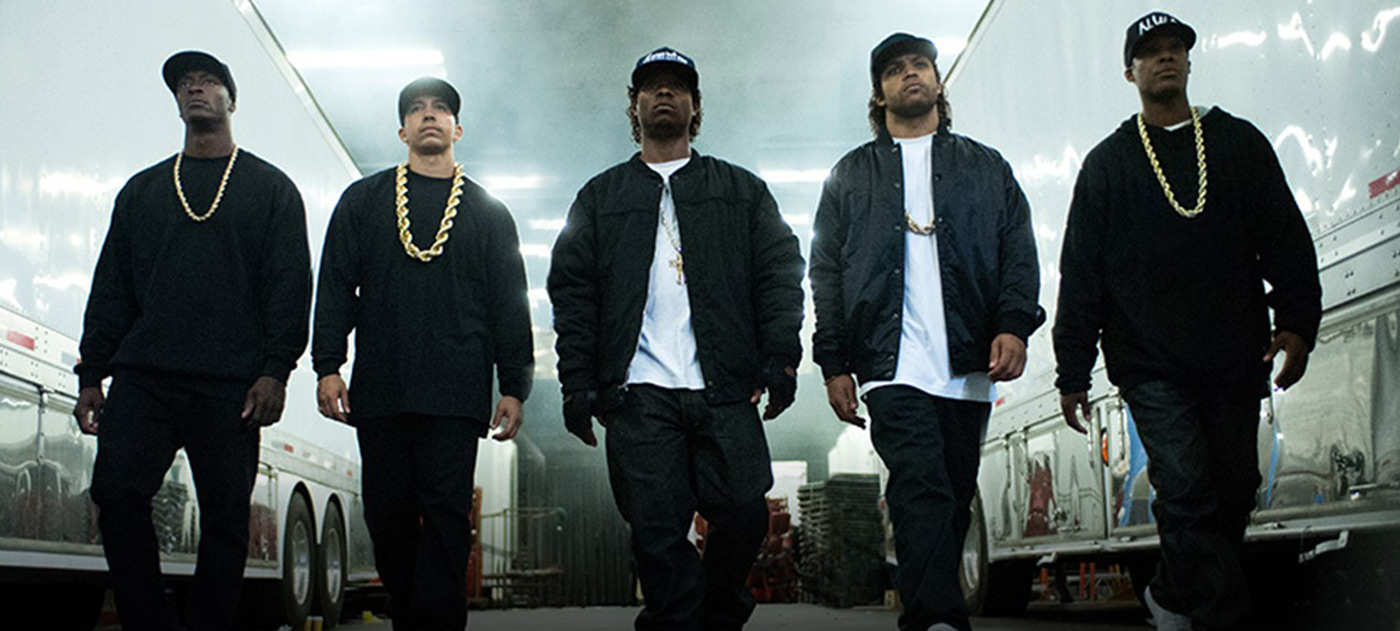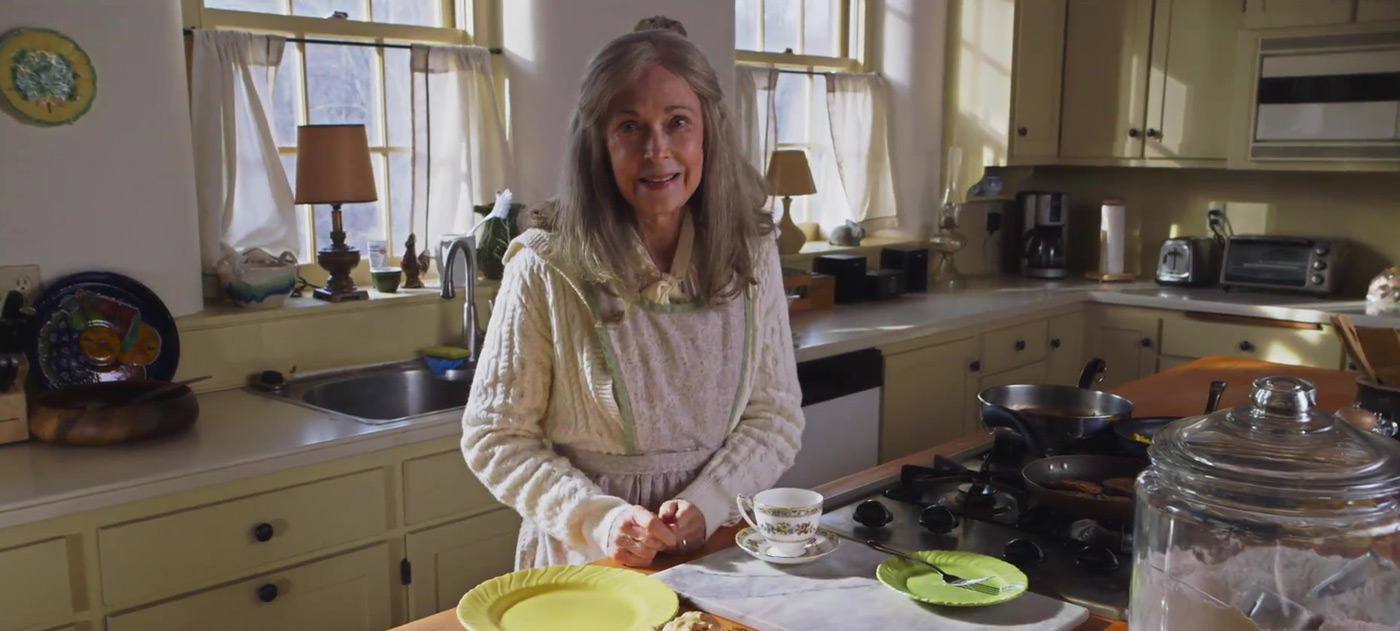Sherlock Holmes is without a doubt a character that filmgoers are more than a little familiar with. Beyond the classic stories by Arthur Conan Doyle, this is a brand that has been adapted for screen again and again — and, with the BBC series starring Benedict Cumberbatch, the CBS series Elementary starring Jonny Lee Miller, and the recent Guy Ritchie films starring Robert Downey Jr., the character seems to be more popular than ever. The danger, however, of a character being portrayed by over 70 actors in over 200 films and TV series is that, at some point, you run out of interesting ways to tell this story. So I must give credit to the new film Mr. Holmes for trying something new with the character. Directed by Bill Condon (Kinsey, Dreamgirls), Mr. Holmes follows an elderly Holmes near the end of his life as he reflects on his legacy but remains fixated on his final case from years earlier. Unfortunately, though, while this is a well-acted and handsomely mounted production that boasts all the gorgeous scenery and design that you want in a British period film, the filmmakers never manage to find a reason why this particular story needed to be told.
Based on the novel A Slight Trick of the Mind by Mitch Cullin, Mr. Holmes opens on a 93-year-old Sherlock (Ian McKellen) who, long-retired, now lives in the English countryside with only his no-nonsense housekeeper Mrs. Munro (Laura Linney) and her young son Roger (newcomer Milo Parker) for company. Holmes has recently returned from a trip to Japan, where he procured some prickly ash to improve his memory, which has begun to fail him. He has also been trying to write down the story of his final case from 35 years earlier while he can still remember it, but is struggling with the task, since of course Watson (who has been dead for many years) was always the teller of their stories.
The case from the past that Holmes is writing about involves Thomas Kelmot (Patrick Kennedy), a man who has hired the detective to investigate his wife Ann (Hattie Morahan), who may be losing her grip on sanity following two unsuccessful pregnancies. This tale is told through flashback, one scene at a time, woven throughout the film — and it’s by far the weakest part of Mr. Holmes. The whole point of this case is supposed to be that Holmes finally learned that, though he has a gift for observation and deduction, it’s not always possible to understand a person’s motivations. He’s mastered the how but can never know the why. Fair enough, but this lesson from Holmes’s past has absolutely no bearing on his present, and that might have worked if the flashback had been a gripping stand-alone mystery, but it’s actually so uninspired and uneventful that I’m simply left wondering what the point of it is. The flashback storyline just comes off as being inconsequential filler with no thematic ties to the main plot of the film. Screenwriter Jeffrey Hatcher really needed to find a more meaningful connection between the two narratives, because as it stands the two halves just don’t cohere.
The “present-day” narrative, at least, is somewhat more entertaining. It’s a portrait of nonagenarian Holmes, his relationship with the joyless Mrs. Munro — who is bitter at having to become more and more of a nurse to her employer as he ages rather than merely his housekeeper — and his friendship with Roger, to whom he’s imparting a passion for beekeeping. There isn’t much in the way of plot here; the film offers some appealing character moments, but not a whole lot really “happens”. This section of the film, though, is most frustrating for the way it traps Linney in a thankless one-note role that doesn’t allow her to have any personality. Linney is one of our greatest actresses, and Condon has previously coaxed extraordinary performances out of her (in Kinsey and on Showtime’s The Big C), but here she’s confined to playing nothing but dour and disapproving — though I suppose it’s useful for her to prove that she’s capable of buttoning herself down so completely. Nevertheless, she deserves better than this.
McKellen impresses with his nuanced and convincing portrayal of a very old man (who is nearly two decades older than the actor himself is), and navigates Holmes’s increasing infirmity with dignity and unexpected humour. He too is reuniting with Condon (who directed him to an Oscar nomination for 1998’s Gods and Monsters), though elderly Sherlock Holmes is far less memorable a creation than James Whale was. As good as McKellen is in the role, it never stops feeling like a role that any old British actor could play in his sleep. Still, that McKellen has been gifted with a lead role in a film at age 76 is a fact worth celebrating. As much fun as he is playing Gandalf or Magneto, I would love to see him keep getting opportunities to challenge himself, especially now that he’s achieved enough fame in the past 15 years to essentially make any film that he wants. I hold out hope that McKellen still has time to win an Oscar, but it won’t be for Mr. Holmes.
The costumes by Keith Madden (The Woman in Black) are elegant when they need to be elegant and drab when they need to be drab. Academy Award-winning production designer Martin Childs (Shakespeare in Love, Quills) proves yet again that he’s a master of period-film detail, while DP Tobias A. Schliessler (Dreamgirls) provides stately photography that mostly stays out of the way. It’s respectable design all around, though none of it really stands out from other films of this era.
Mr. Holmes, offering plenty of polite chuckles and attractive visuals, is ultimately a perfectly pleasing period drama that will surely appeal to middlebrow audiences who eat this kind of stuff right up. Fans of the Sherlock Holmes character will likely be disappointed, though, by the film’s total lack of a mystery. It’s a film about nothing more than what it’s like for the world’s most famous detective to get old and watch his health fade, but it has little all that insightful to say about this experience. And that’s a pretty thin foundation indeed on which to support the world’s most-adapted literary character.










Fantastic Four
Fantastic Four